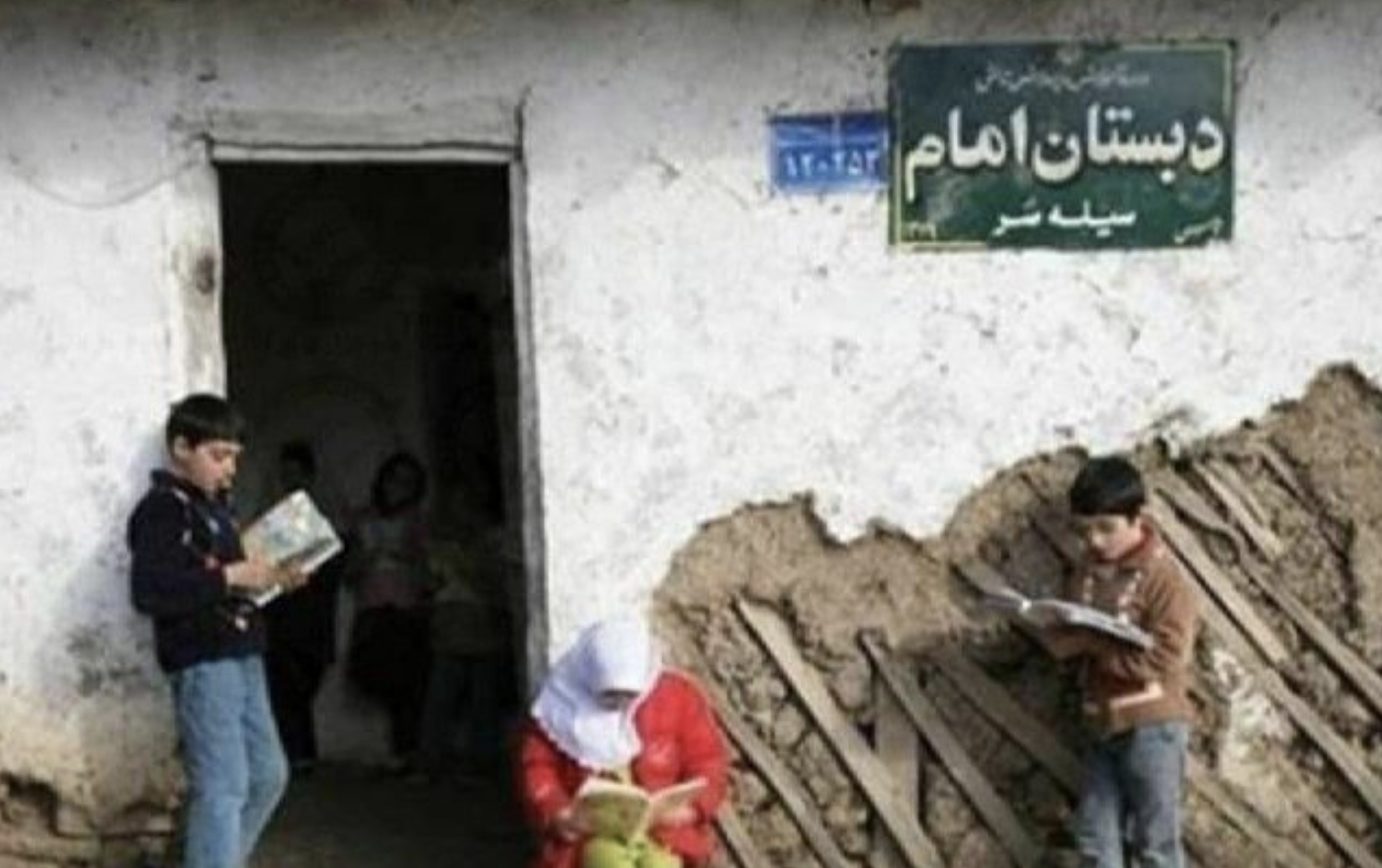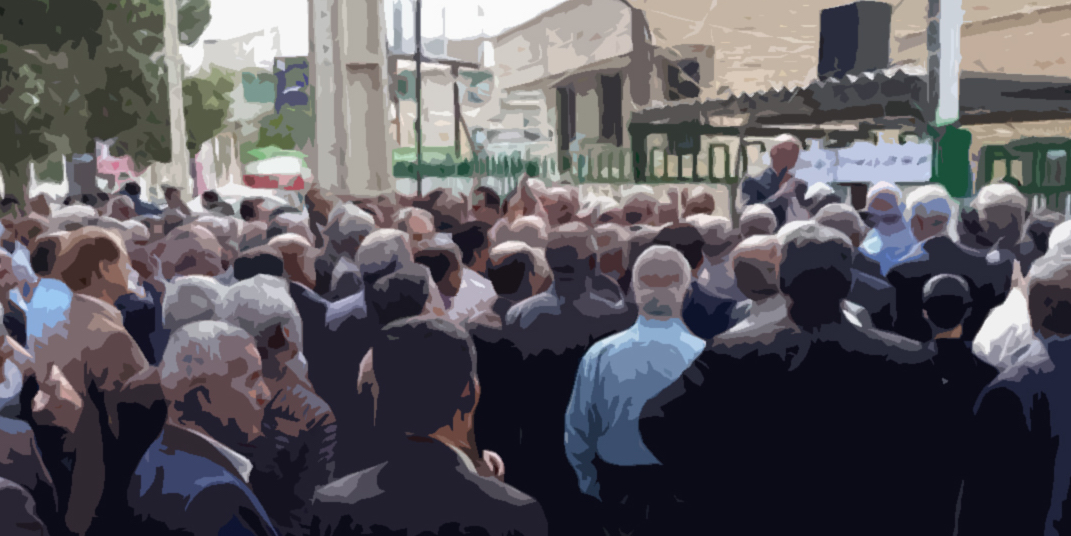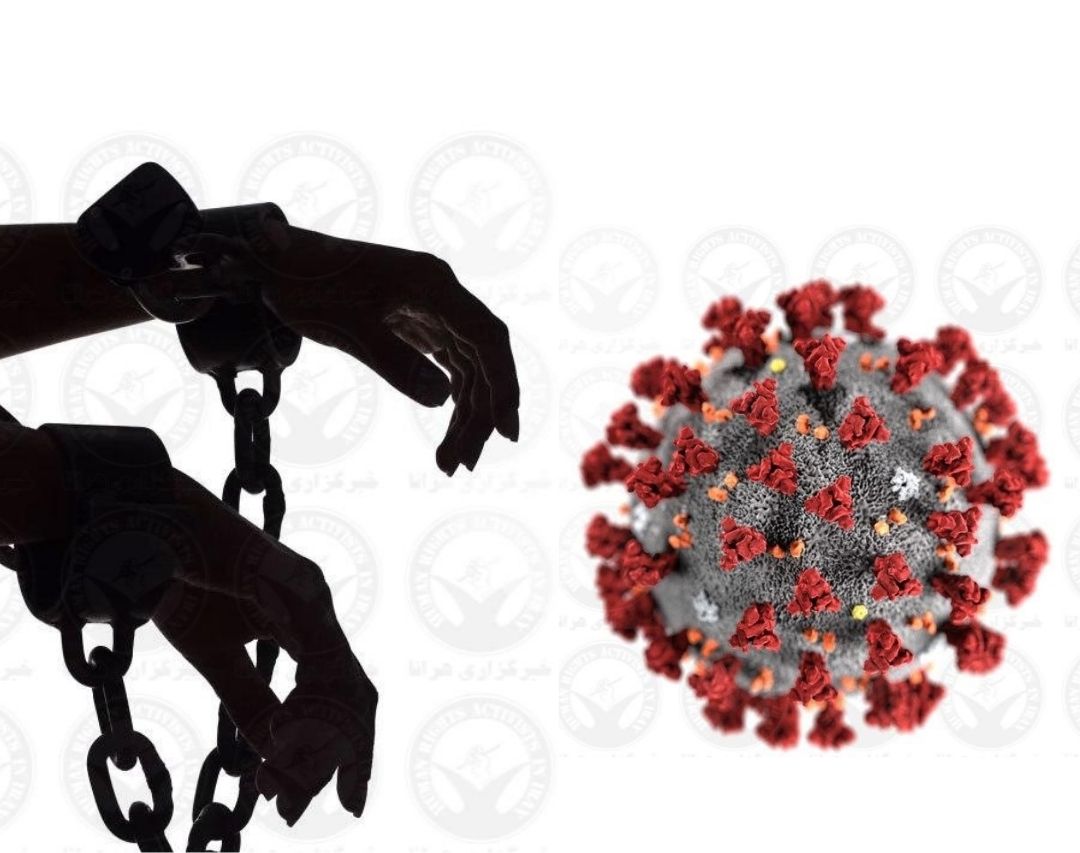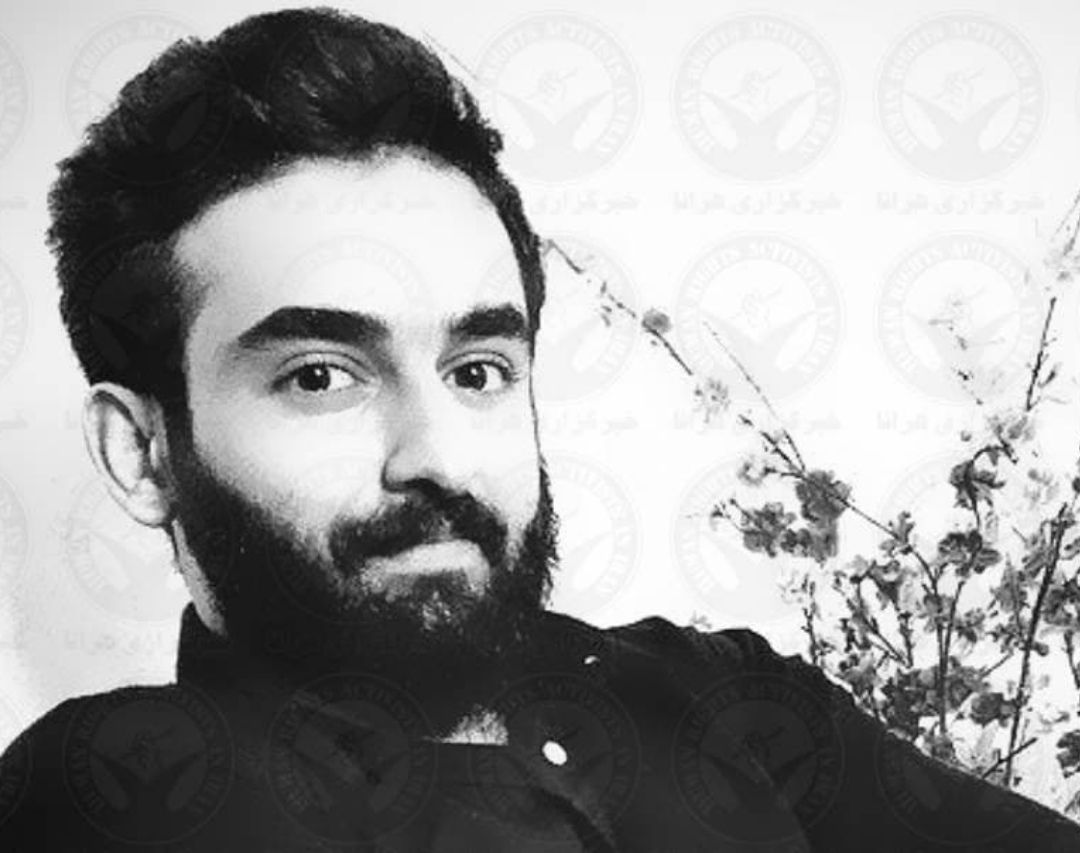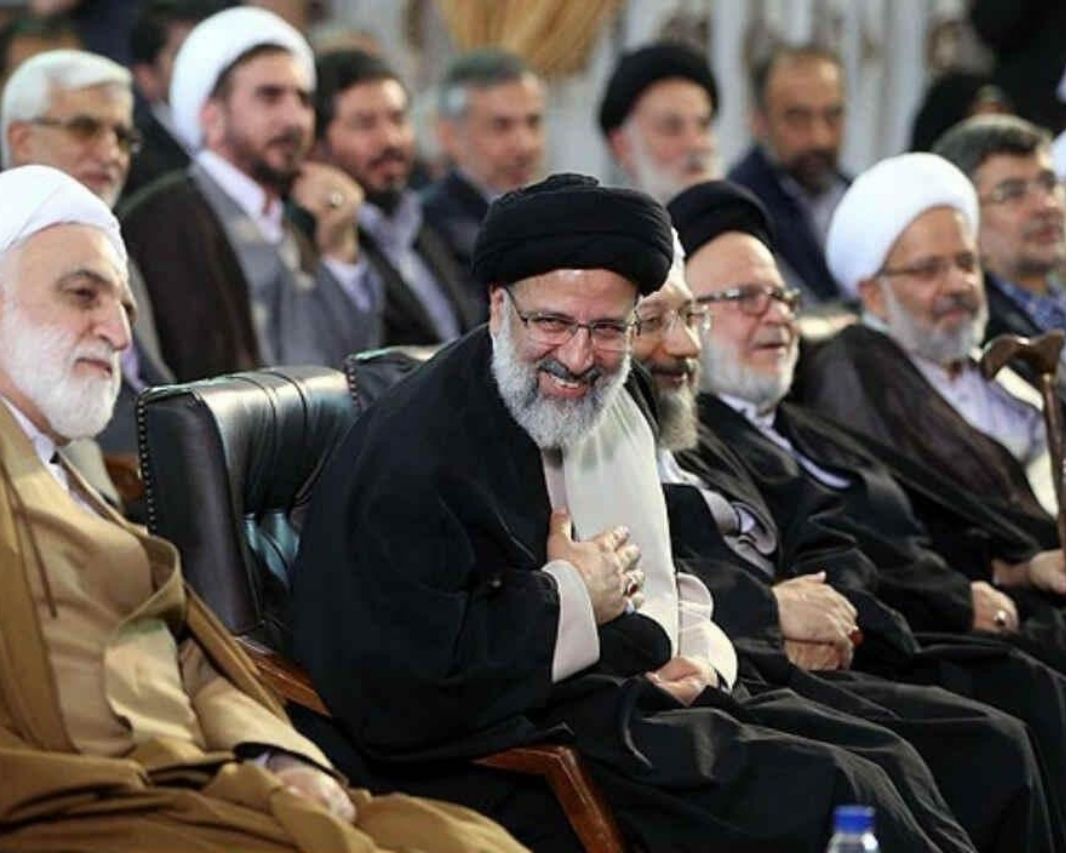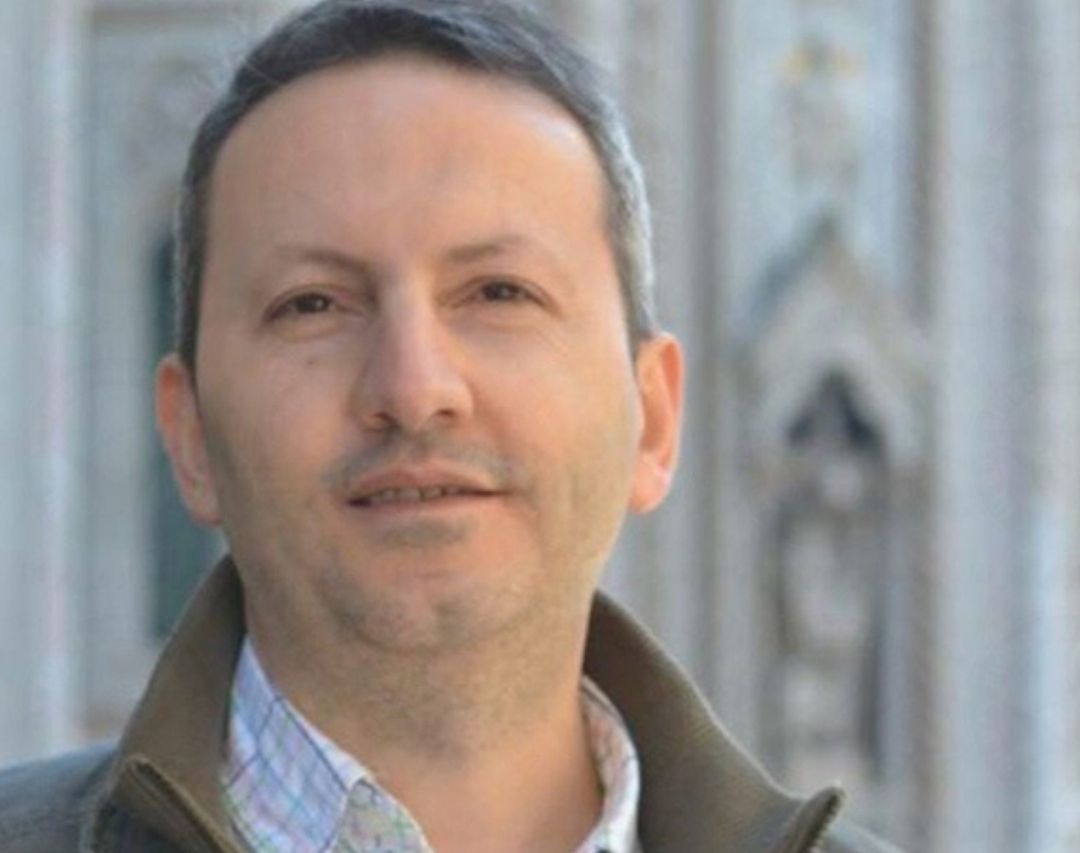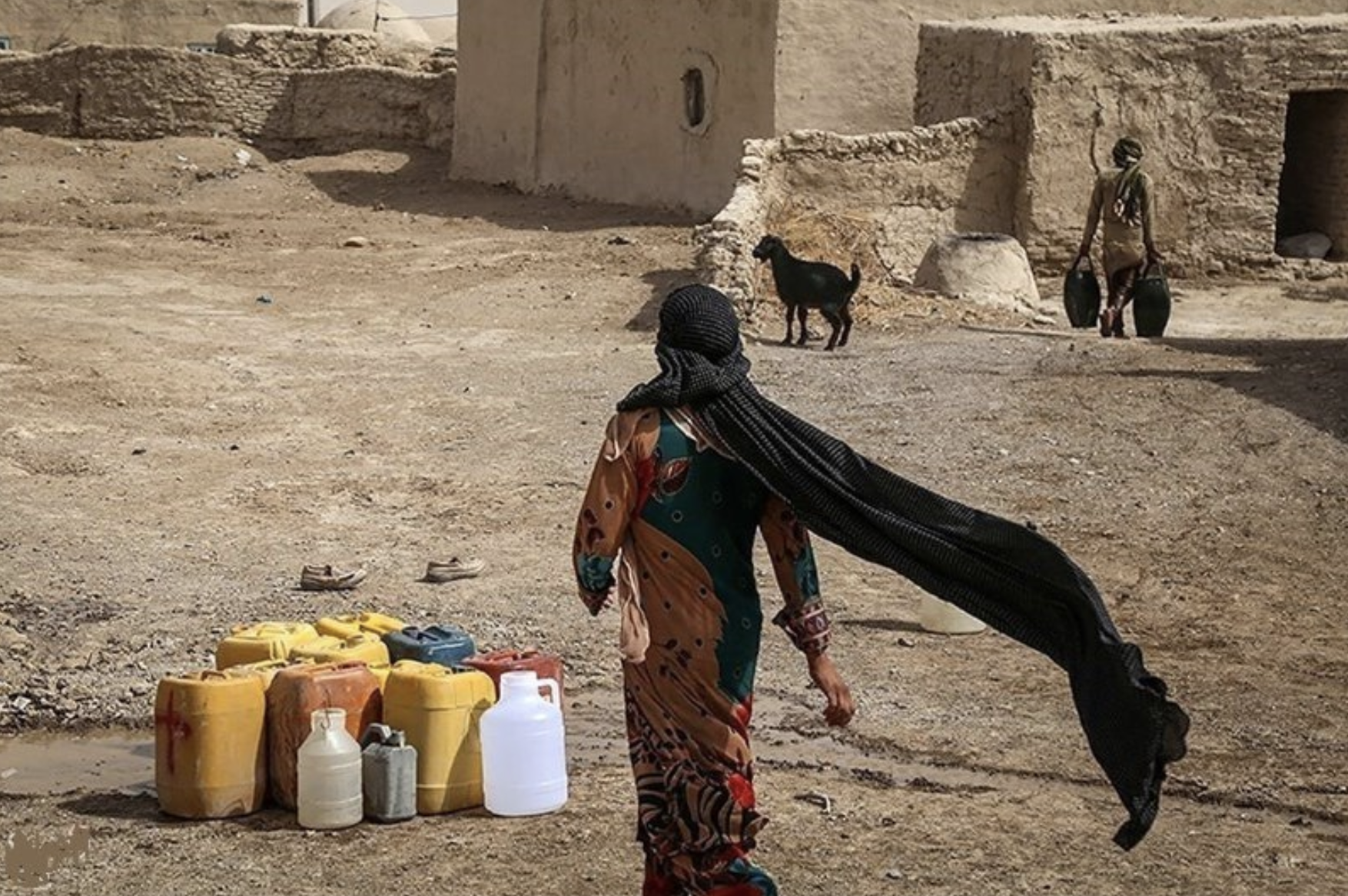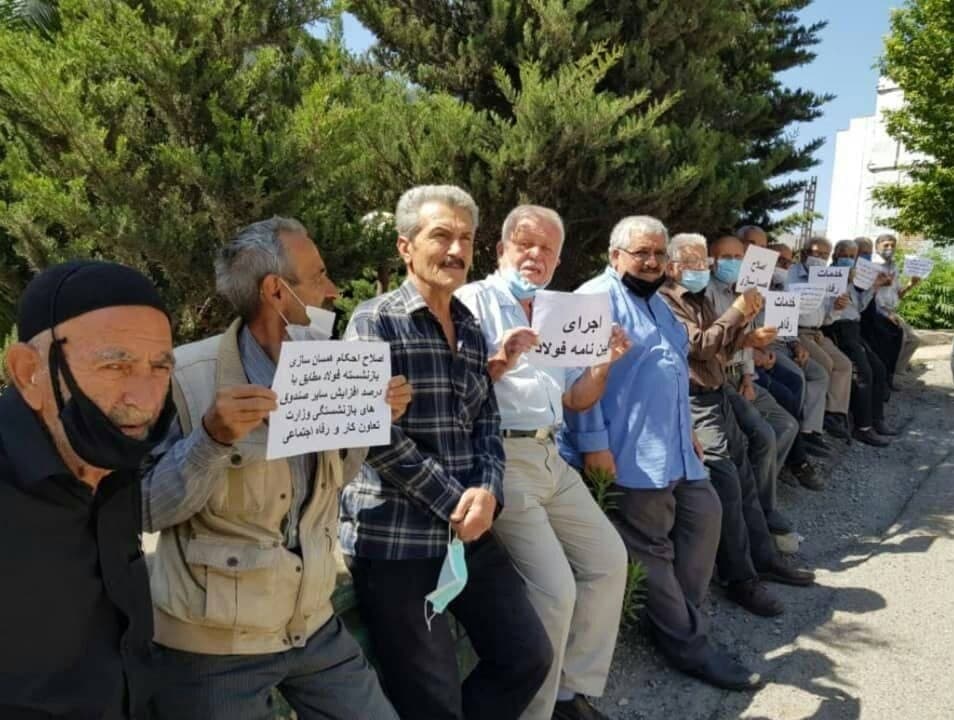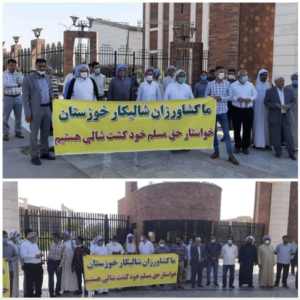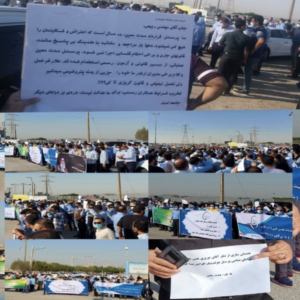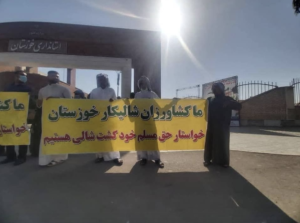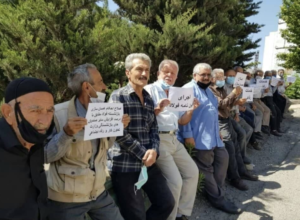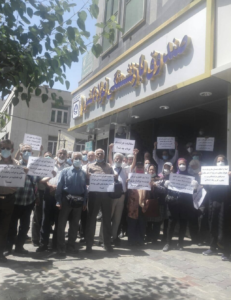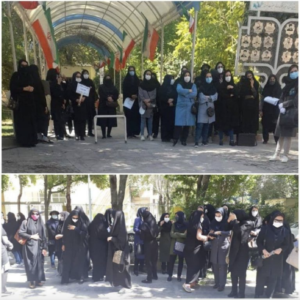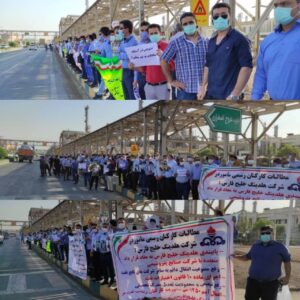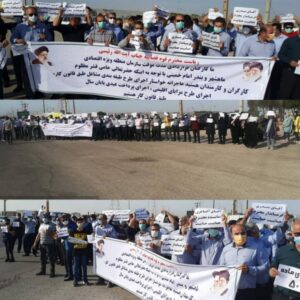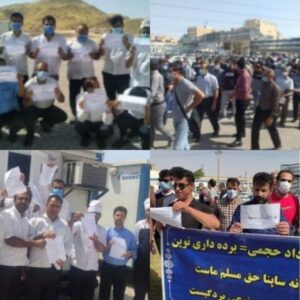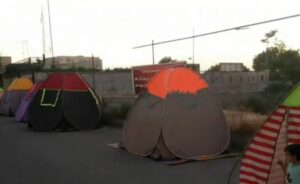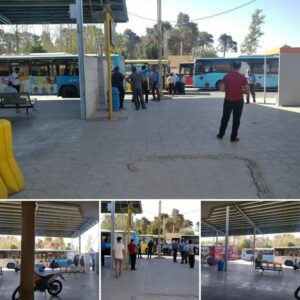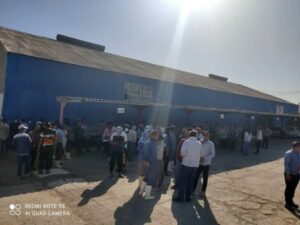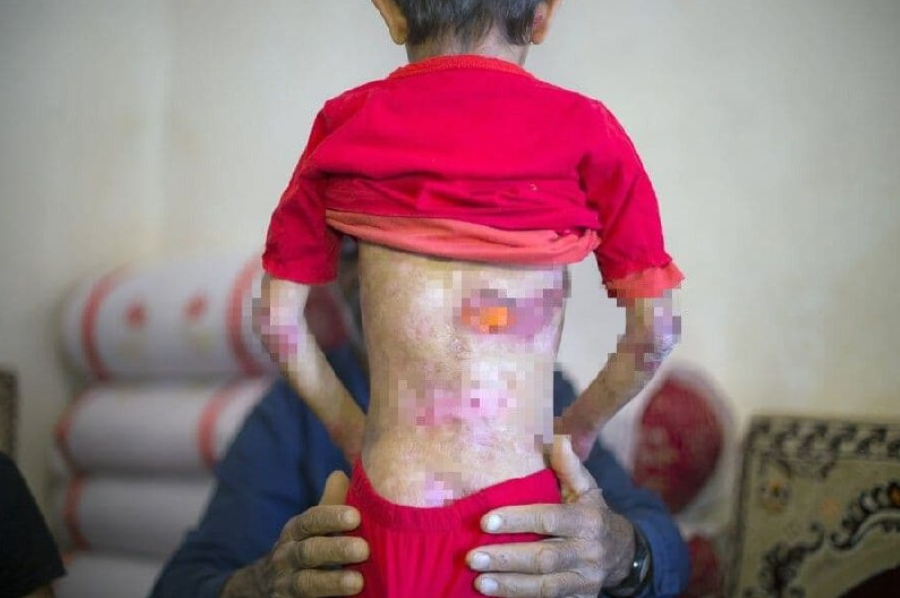According to HRANA, the news agency of Human Rights Activists, a number of protests took place this week against the results of cities’ local elections and inadequate labor conditions. This week also featured the continuation of widespread labor strikes across the country. The oil industry, petrochemical industry and power stations experienced strikes in Abadan, Isfahan, Assaluyeh, Kerman, Qeshm Island, Yasuj, Bid Boland, and Urmia and Bushehr. Below is a brief recap and footage from some of the week’s demonstrations.
Saturday and Sunday, June 19-20
Several citizens in Yasuj protested the results of the city’s local elections in front of the Boyer-Ahmad government building. A group of Tehran Metro staff held protest rallies in front of the metro operating company in Tehran. Project workers of Farab Company of Bidkhoon refinery in Assaluyeh went on strike and left their jobs.
Citizens in Yasuj:
Tehran Metro staff:
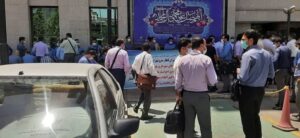
Project workers in Bidkhoon refinery in Assaluyeh:
Monday and Tuesday, June 21-22
9 protest rallies and 11 workers’ strikes took place. A group of pharmacists in front of the Ministry of Health building in Tehran. Workers of Pars Tire in Saveh in Markazi Province rallied in front of the local factory. Workers of Sepahan Cement Company protested at their workplace, and a group of resident doctors in protested in the cities of Tehran, Urmia, Zanjan, Babol, Shiraz and Tabriz. Workers in Tehran Oil Refinery, Gachsaran Petrochemical Company, phases 13 and 14 of Assaluyeh, phase 13 of Kangan, Lidoma Company located in phase 13 of South Pars, AJC Company working in Abadan Refinery, Bidboland Refinery of Behbahan, Bushehr Petrochemical Company, Sina Palayesh Company Qeshm Island, and workers of Tehran Metro Line 5 went on strike.
Workers of Bidboland Gas Refinery in Behbahan:
Workers of Gachsaran Petrochemical Company:
Workers of Tehran Oil Refinery:
Workers of Lidoma Company located in phase 13 of South Pars:
Pharmacists in Tehran:
Resident doctors in Tehran, Urmia, Zanjan, Babol, Shiraz and Tabriz:
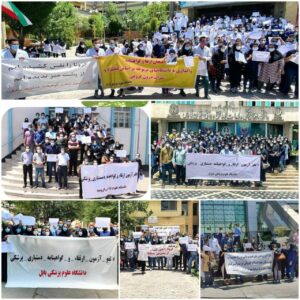
Pars Tire workers:


Wednesday, June 23
Workers of recently-closed stoning units of Hana Industrial Town located in Neyriz city in Fars gathered in front of the city government building. A group of employees of Ramin power station in Ahvaz city in front of the office building of the station, and a group of employees of Abadan refinery in front of the entrance door.
Ramin power station workers in Ahvaz:

Abadan refinery employees:

Thursday, June 24
Several residents of Maravneh village of Ahvaz city, workers of Mapna 3 Qeshm power Station continued their participation in the nationwide protests of the workers of the country’s oil industry.
Mapna 3 power Station employees:

Residents of Maravneh village:
Friday, June 25
Workers of refineries, petrochemicals and power plants, workers of Yazd Steel, went on strike.



